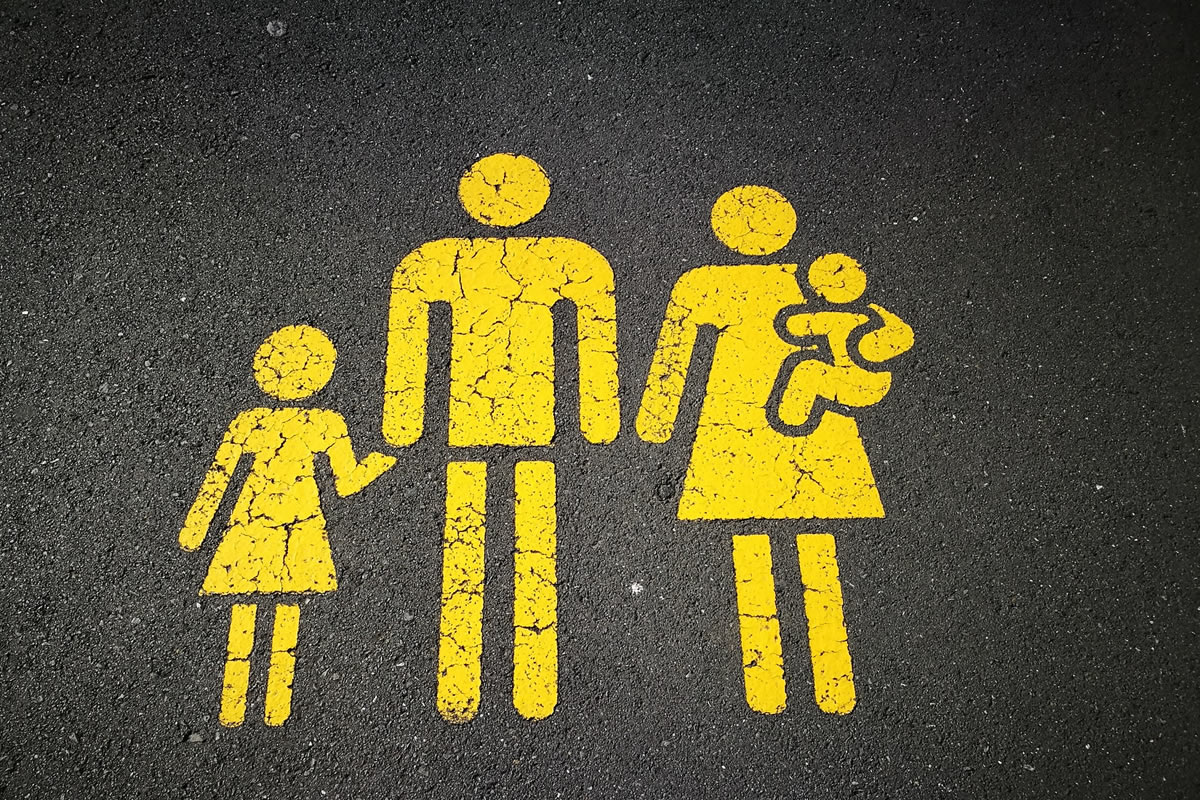
By Sam Spence and Skyler Baldwin | The protracted pandemic economy has hit South Carolina families hard statewide, but especially in non-white, multi-generational and single-parent households, according to two new studies.
Between Nov. 10 and Nov. 17, the Conservation Voters of South Carolina surveyed the impact the pandemic has had on South Carolina ratepayers. Results show the pandemic caused additional hardship for more than 70 percent for those who reported trouble paying bills this year.
The survey notes the widespread impact of the pandemic, but also reveals dramatically different experiences for South Carolinians when comparing across socio-economic statuses.
For instance, 33 percent of all S.C. residents polled reported serious trouble paying bills during the pandemic, but that figure was 57 percent among ratepayers in multi-generational households.
Overall, 32 percent of respondents reported serious issues affording food, but that figure was 65 percent for multi-generational households and 63 percent for single-parent homes.
“Economic disparities are magnified in times of crisis. Across South Carolina people are struggling to make ends meet, while caring for their families.” said Ann Warner, CEO of the Women’s Rights and Empowerment Network, in a press release.
As South Carolina has faced record unemployment, another survey by the Annie E. Casey Foundation’s Kids Count project found additional evidence the economic downturn and school disruptions have pushed families to the brink.
With one of eight families lacking health insurance, health care constitutes a critical vulnerability and pain point for many, the report reads. Although the exact numbers of children without coverage is unknown, their well-being naturally depends on that of their parents or guardians, the data of which are known.
The Kids Count survey analyzed those pain points on a state-by-state basis, showing that 10 percent of S.C. households sometimes or often do not have enough food to eat. Also, 14 percent have only slight or no confidence in their ability to pay rent on time.
“Every child in the United States should have the basics, and families should have support to survive the considerable stress and pain of these times,” the Kids Count study argued.
“We have tools to respond. Federal, state and local decision makers can take several steps to enable America’s children and families to weather this crisis. Timely action is essential to ensure they — and our nation — mount a sufficient response to COVID-19.”
This story first appeared in our sister publication, the Charleston City Paper for which Spence is editor and Baldwin is a reporter. Have a comment? Send to: feedback@statehousereport.com















 We Can Do Better, South Carolina!
We Can Do Better, South Carolina!